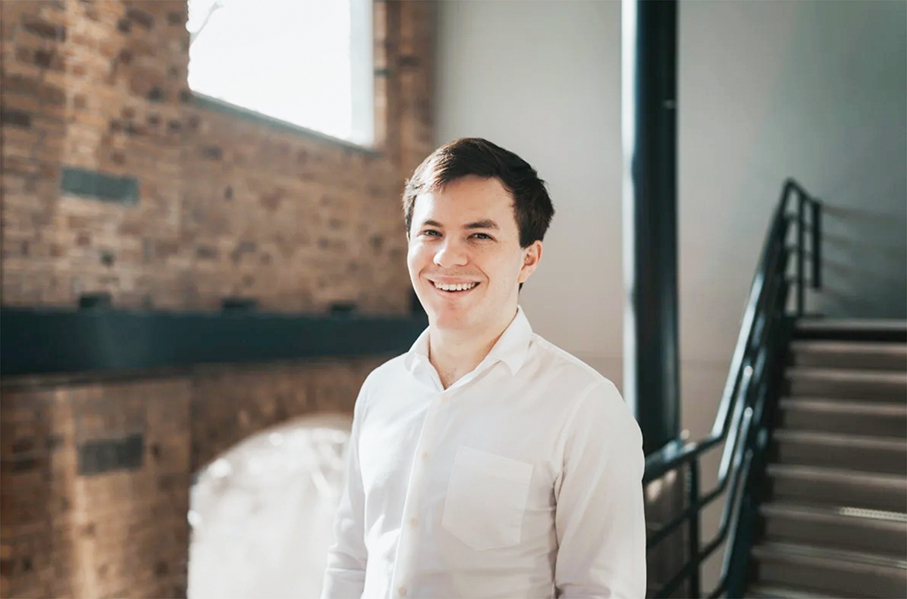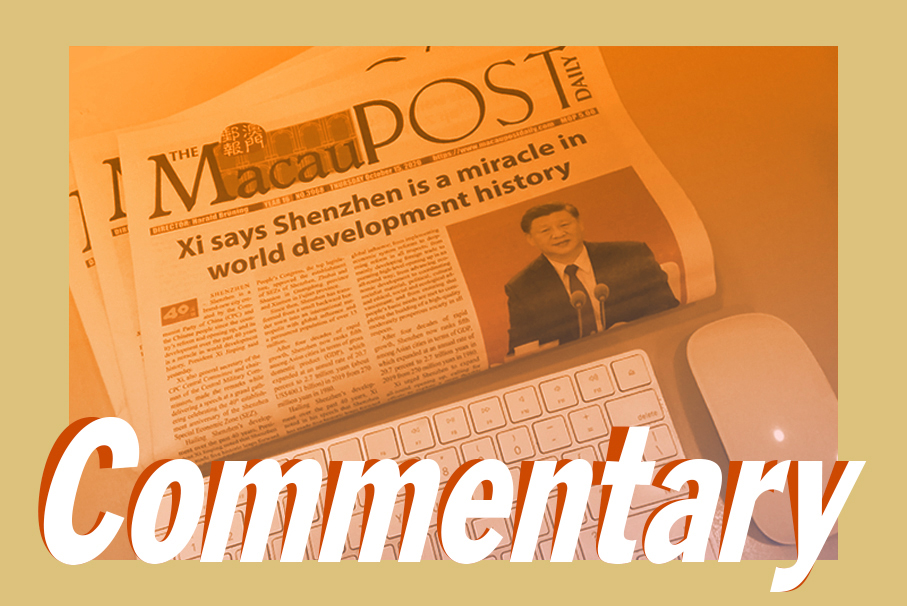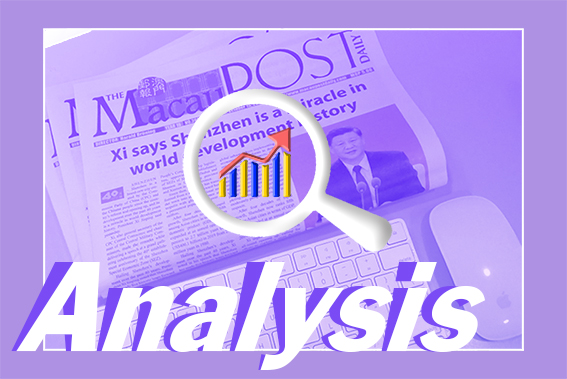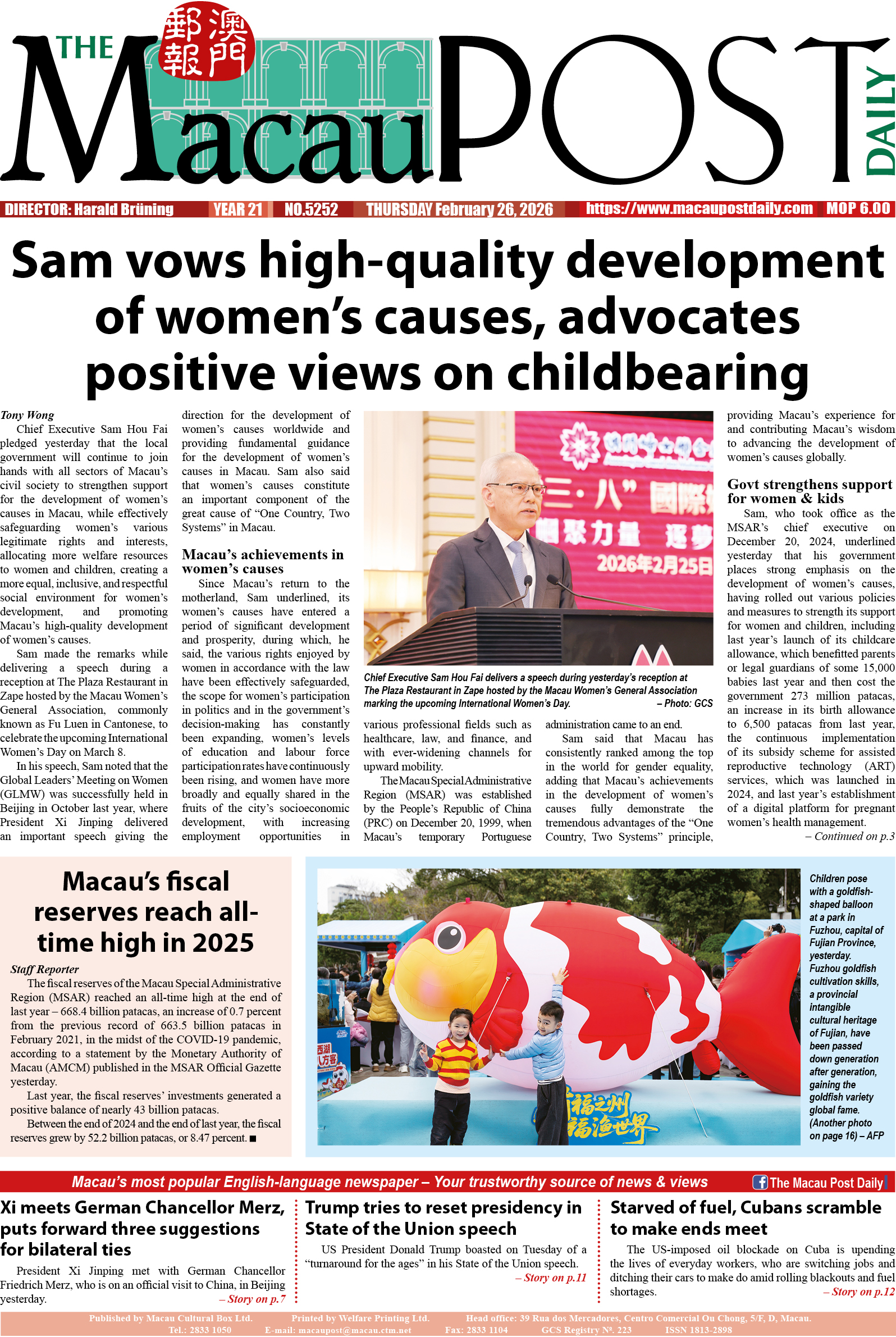During a workshop on Tuesday at Chinachem Leighton Plaza in Hong Kong, Crimson Education CEO Jamie Beaton gave Hong Kong and Macau students some advice on their strategies when applying to get into US universities in a post-affirmative action admission landscape.
On June 29, the US Supreme Court rejected race-conscious affirmative action by Harvard and North Carolina universities, saying that race can no longer be a factor in university admissions as it is unconstitutional.
In response to the court’s decision, Harvard reaffirmed its commitment to diversity on campus “because the teaching, learning, research and creativity that bring progress and change require debate and disagreement [as] diversity and difference are essential to academic excellence.”
When race is no longer a factor, universities will rely on other indicators to ensure a diverse student population, Beaton pointed out during the workshop attended by about two dozen people.
Colleges value students who have had to overcome adversity and challenges on their path to higher education, said Beaton. Therefore, in the absence of race, essays, extracurricular (activities) and interviews will become more important in the admission process, Beaton underlined.
“A tactical thing one can do is to work part-time,” and even 2-3 weeks is sufficient to show some grit and adversity in applications, Beaton added. For example, Beaton pointed out that he flipped burgers at a shop named Oporto for a week when applying to Harvard. “A lot of the private, international school kids barely ever work part-time jobs; doing part-time work can be quite powerful as it shows you in a different category to these other kids.”
Students are also advised to reflect on what challenges they have experienced, such as family, mental health or health challenges, according to Beaton. In his case, Beaton said, he wrote about a difficult family drama in his Harvard supplementary essay.
“If you haven’t faced adversity, at least building empathy for those facing adversity through community service and leadership projects can be a smart way to show admission officers your character,” Beaton noted.
Beaton said that before the court ruling, most interviews did not weigh that much in the final admission decision, at least compared to other factors such as extracurricular (activities), but now this was likely to change. As universities now cannot ask any race-based questions, admissions officers will want more information to ascertain an applicant’s characteristics, according to Beaton.
Ultimately, for Chinese international students, the impact of this court ruling may not be that strong because students can still face the risk of discrimination based on their geographical location, which is different to race-based quotas, Beaton added. Relevant to Macau residents, Beaton noted that coming from very academically successful regions (with more students applying to the same top institutions) will still pose a challenge as well.
Beaton, born in 1995, is a New Zealand entrepreneur who founded an education mentoring enterprise, Crimson Education, at age 17. In 2016, at age 20, he graduated from Harvard with a master’s degree in applied mathematics. In 2022 a venture capital fund valued Crimson Education at US$550 million, according to Wikipedia.

This undated handout photo provided by Crimson Education last week shows its CEO Jamie Beaton.









